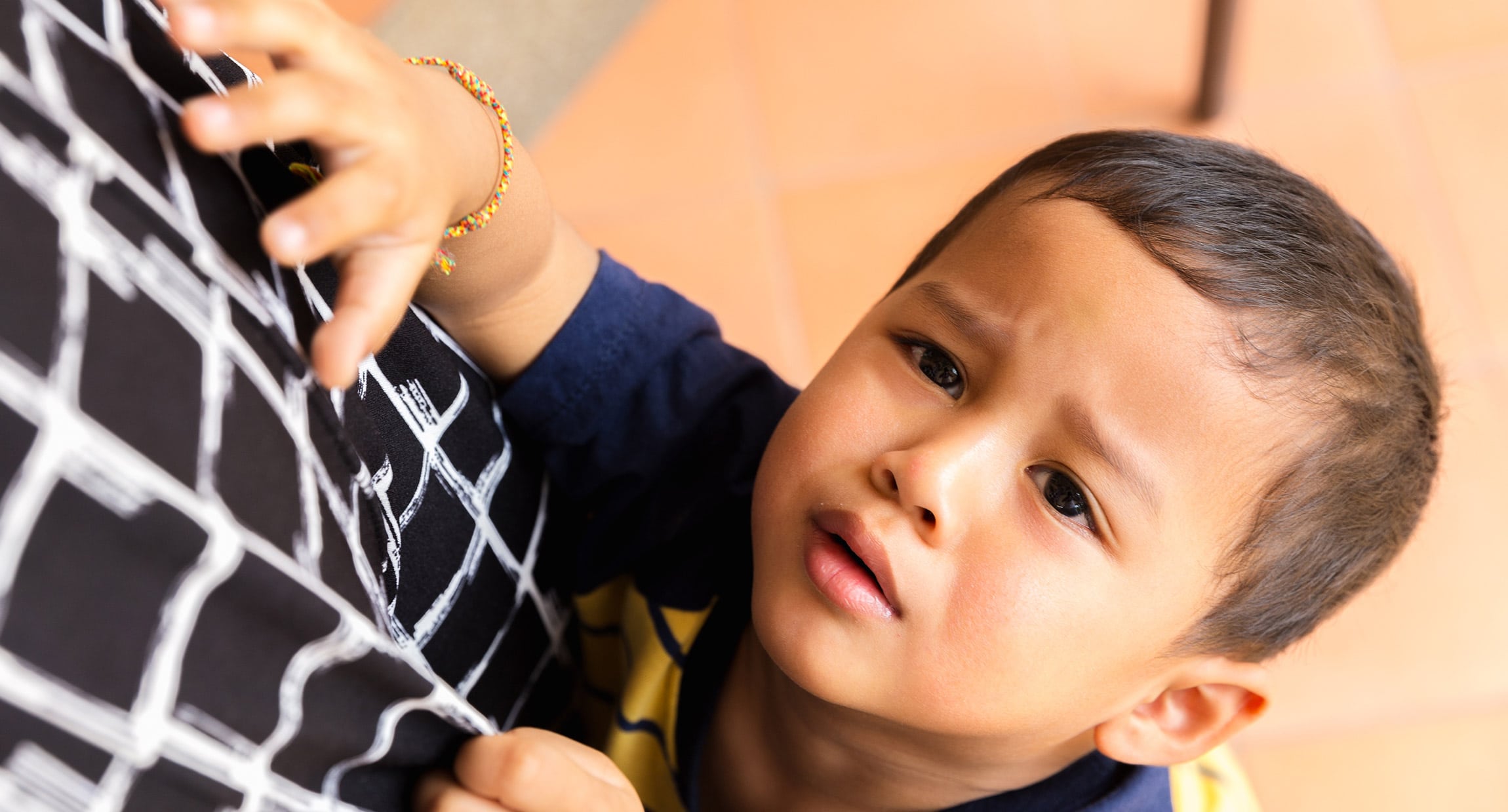Legislators must support our most vulnerable children
Written by Kelly White
A 15-year-old girl in the foster system was hit by a van and died after running away from the Houston Child Protective Services (CPS) office where she was staying. The SAFE Alliance, like most agencies that contract with CPS to provide housing, healing, and support for youth in the foster care system, felt enormous empathy and concern for everyone involved with the event, including the CPS staff that had been charged with her care.
We have all watched as children run, often into dangerous and even life-threatening situations. The primary difference is that our staff and foster parents are trained to deal with youth that have endured unspeakable trauma and often act out their pain by hurting themselves and others.
Staff at our Austin Children’s Shelter Campus were recently videoed by passersby as they tried to keep a child from running into traffic. With enormous compassion and professionalism, our staff used trauma-informed practices to protect the child and remove him from danger; a draining and traumatic process for the child, the staff, and the bystanders.
It often takes the worst possible event to make change happen and I hope our state legislators, who are currently debating funding for the child welfare system, are recognizing and learning the most important lessons from this tragedy.
Our state workers are not trained or prepared to provide the 24-hour care these youth need. Nor should they be. Their job is different. Yes, they should be paid more for the frontline work they do in protecting Texas’ most valuable asset, its children, as should the heroes that provide 24-hour direct care for children that are in the custody of Texas’ system for child protection.
Youth care workers at SAFE go through 40 hours of pre-service training, not including CPR and First Aide which they also receive, prior to being with children. They then work an additional 40 hours following a tenured staff member prior to being approved as a youth care worker. An additional 50-hours a year of training is required for each year they are employed. And this level of training is necessary.
Keep families safe and together
CPS’ and SAFE’s first priority is to keep families safe and together. Through Project HOPES and our Strong Start program, which are funded by Prevention and Early Intervention at the Texas Department of Family and Protective Services, we also work extensively with parents to help them learn how to safely nurture and support their kids.
Because of this priority, and the work to support families, we are seeing fewer young children removed from their homes – a good thing. However, when children are removed, they are often older and have lived in a traumatic situation for a longer time and thus may exhibit more difficult behaviors; behaviors that helped keep them safe and alive may now be socially maladaptive and dangerous.
It simply isn’t reasonable to think that CPS caseworkers can or should be trained to provide the extensive level of care these youth often require.
What needs to happen
Increasing funding to CPS doesn’t then transfer to increased funding for the compassionate people that are providing the direct care.
Our state legislature must also allocate additional funding for providers and the agencies hiring, training, monitoring, and supporting these providers. Community donations already make up 60 percent of the cost to care for a child at SAFE’s emergency care program on the Austin Children’s Shelter Campus.
Statewide the gap between reimbursement and cost of care is between 20 and 40 percent. Our gap is exacerbated by our location in Austin and the difficulty in hiring and retaining staff because of full employment in Austin, the cost of living, and the difficult nature of the work.
There are insufficient services to provide prevention and intervention for child abuse and neglect in the State of Texas and it will take money to begin to address the problem; money to prevention programs, for the direct-care service providers, and to the child protection system.
The state legislature should move forward with a model of community-based care and it is imperative that as a state and a society we recognize and reward the individuals that do this amazing and heroic work on a daily basis — providing direct care for our most vulnerable youth. They do it for too little pay and too little recognition and with a tremendous amount of love, care, and wisdom.